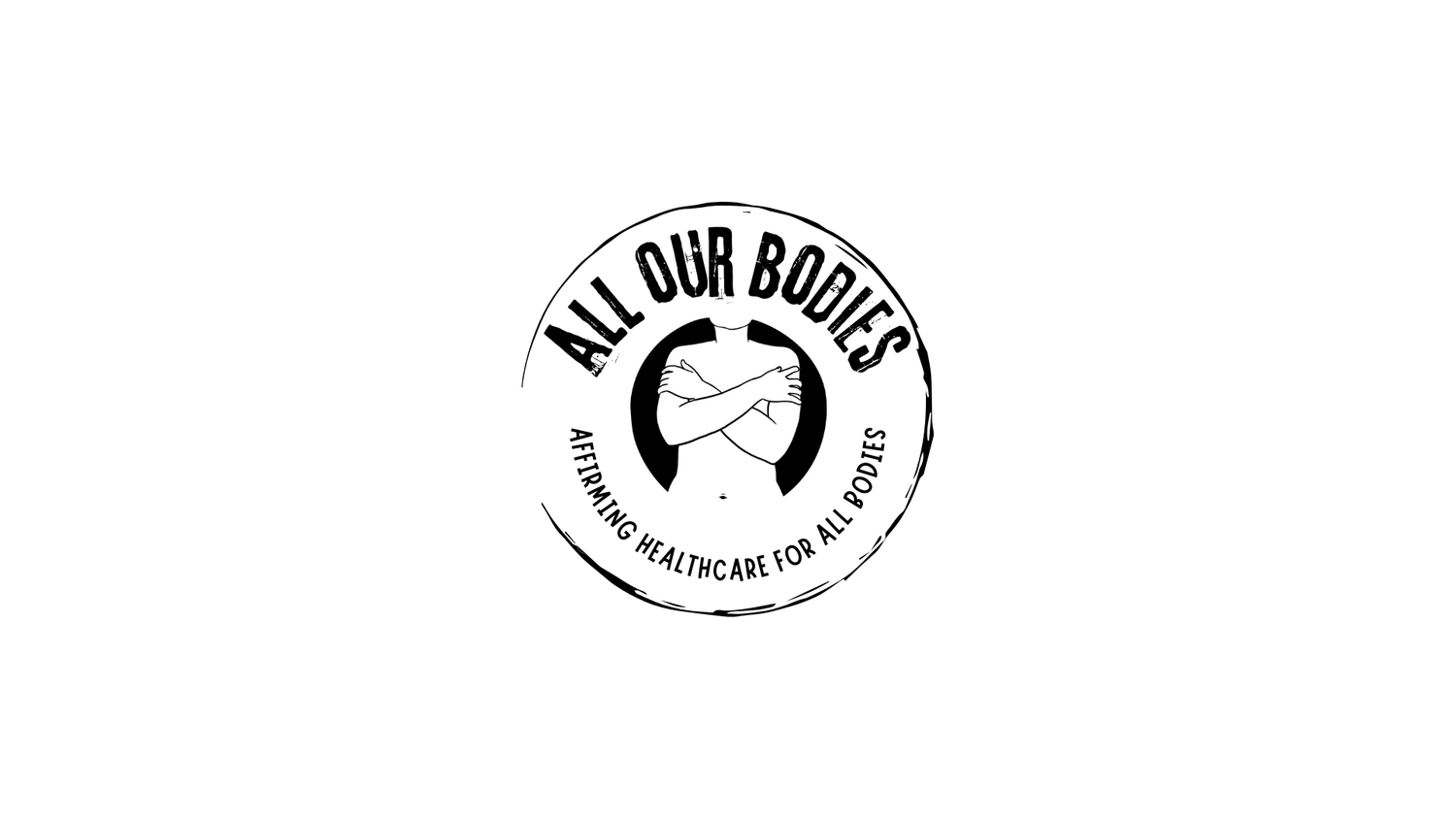Emergency contraception
usually called Plan B or the morning after pill, helps prevent pregnancy after an unexpected exposure to sperm, like a broken condom or a gap in contraceptive use.
The hormones in the pill stop ovulation (when your ovaries release an egg). If you are already past the ovulation phase in your cycle (usually day 10-14 after the first day of your last period), the pill will not work. The pill must be taken within 3-5 days of the unprotected sex to stop ovulation in time.
The most common side effect is irregular bleeding. Sometimes people mistake this for a period, so it’s important to take a pregnancy test 3 weeks after taking the morning after pill to confirm that it worked.
If you know your height and weight you can find out your BMI here.
Click here for a chart comparing your options from reproductive Health Access Project





